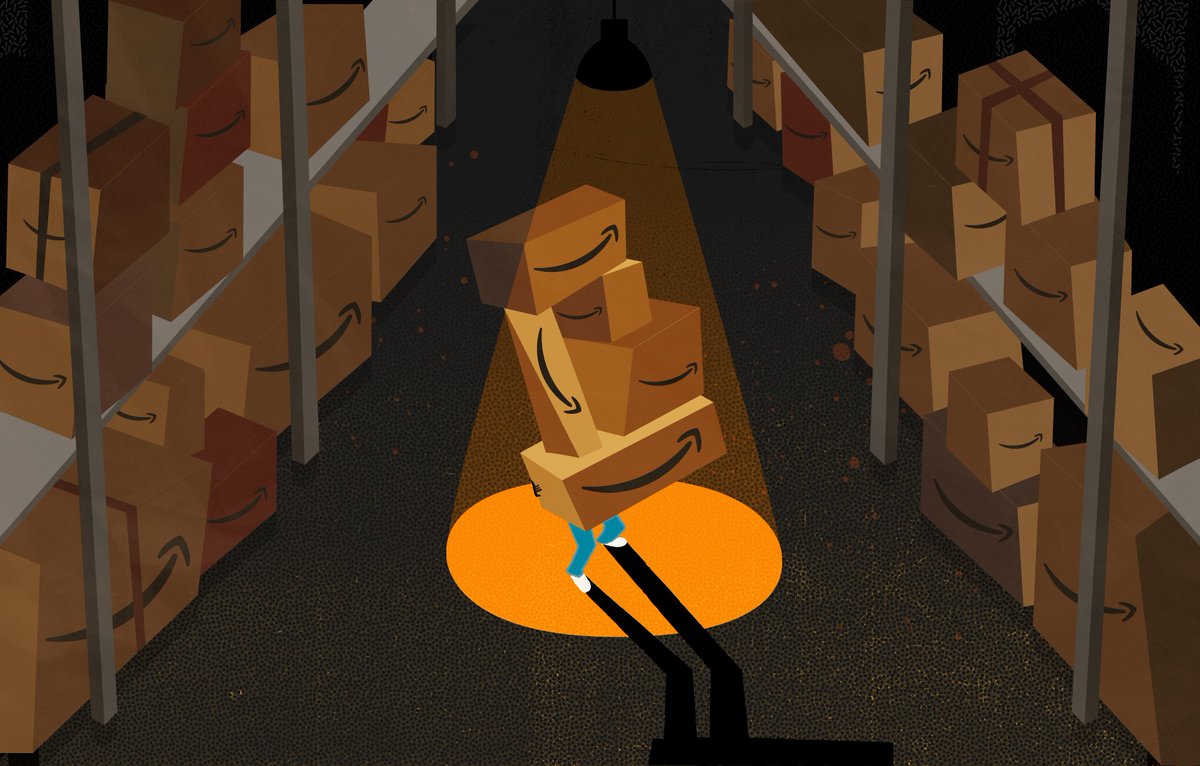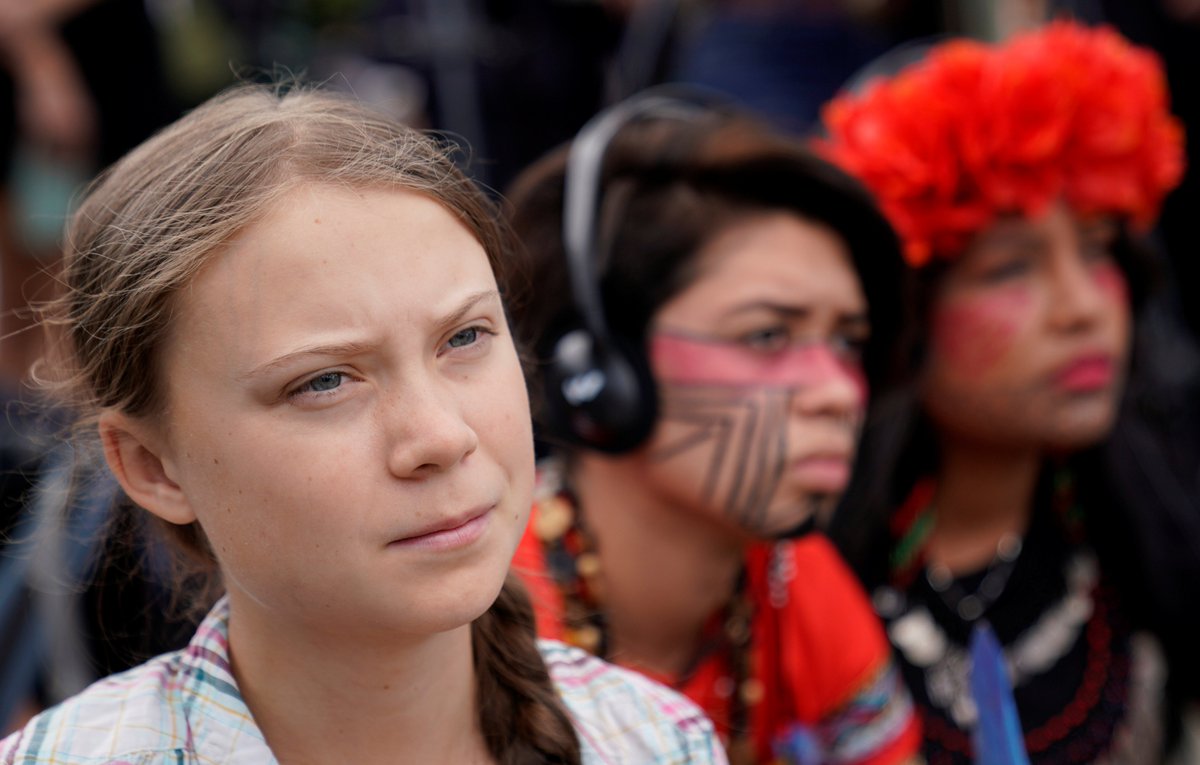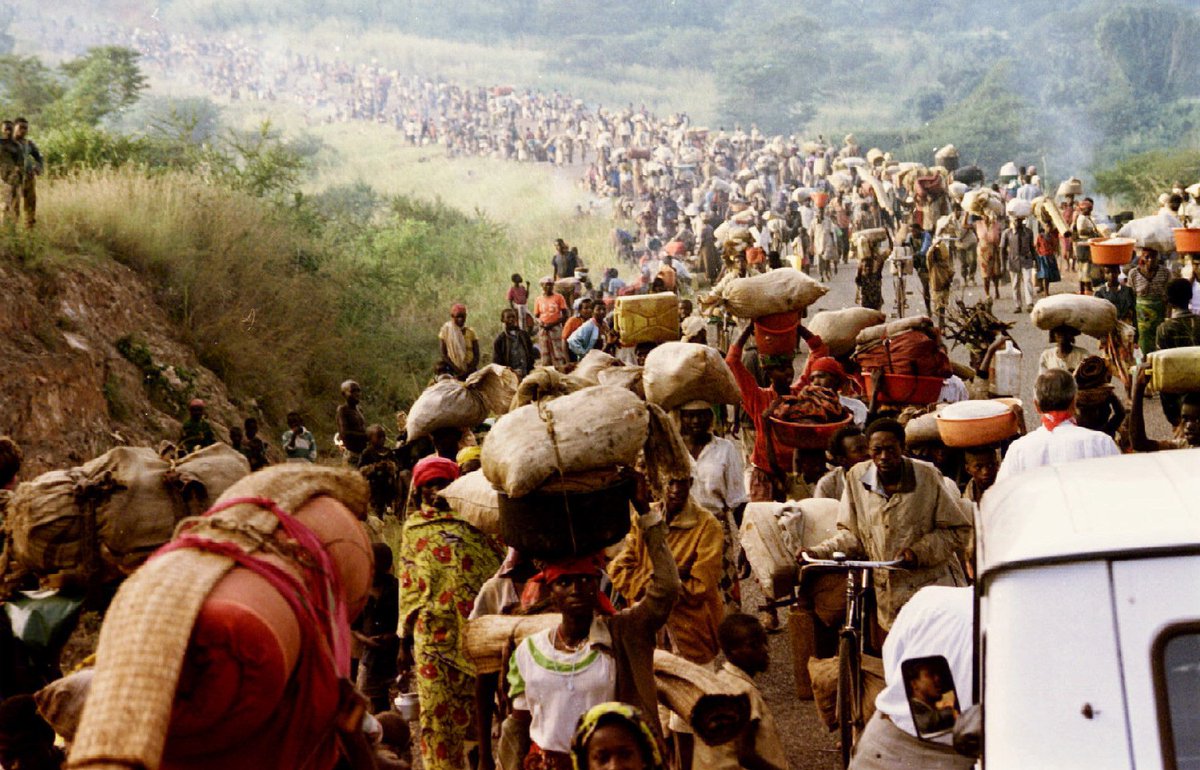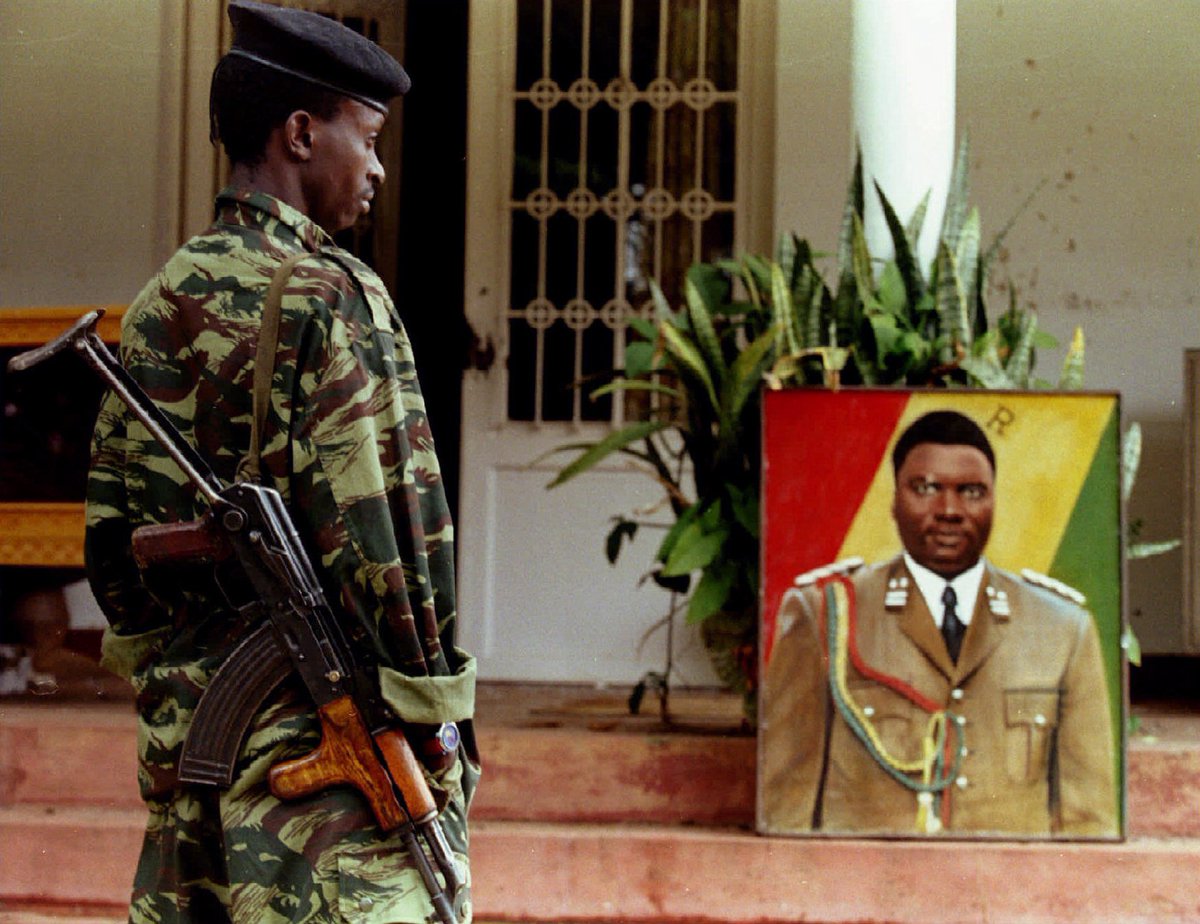
By now you've probably heard that #Bitcoin mining is bad for the environment. @ElonMusk even Tweeted about it yesterday 🪙.
But why does mining use so much energy? And how big is the impact anyway? 🧵
But why does mining use so much energy? And how big is the impact anyway? 🧵

Before we get started, some housekeeping:
1⃣ #Bitcoin = A #cryptocurrency that can be used in transactions or as a store of value
2⃣ Blockchain = A decentralised database that stores information on transactions
3⃣ Blocks = A group of transactions
Got it? Let’s move on 🏃♀️.
1⃣ #Bitcoin = A #cryptocurrency that can be used in transactions or as a store of value
2⃣ Blockchain = A decentralised database that stores information on transactions
3⃣ Blocks = A group of transactions
Got it? Let’s move on 🏃♀️.
Bitcoin mining is energy-intensive ⚡️ because of a process called “proof of work.”
Since blockchains are decentralised, they’re managed by a global network of ‘miners’ who record and verify blocks of transactions for the whole network.
In return for this work, miners are rewarded with newly minted Bitcoins 💰.
In return for this work, miners are rewarded with newly minted Bitcoins 💰.
Before a miner can add a new block 🧊, they have to play a kind of lottery.
Each block comes with a mystery number, and the first miner to guess the right number gets to ‘mine the block’ and obtain the reward 🏅 .
Each block comes with a mystery number, and the first miner to guess the right number gets to ‘mine the block’ and obtain the reward 🏅 .
The only way of doing this is trial and error, so mining computers 🖥️ are iterating through massive numbers of guesses every second. It’s all all of these computations that use a ton of energy.
But how much energy ⚡️ are we talking about?
There are lots of cryptocurrencies now, and Bitcoin’s alone currently accounts for about 0.5% of global energy consumption 🔌.
That’s more than Sweden 🇸🇪, but less energy than is used by household electronics in America 🇺🇸 each year.
That’s more than Sweden 🇸🇪, but less energy than is used by household electronics in America 🇺🇸 each year.
We know the energy usage of Bitcoin mining, but to understand its environmental impact we need to know its carbon footprint 🌐.
Figuring that out is complicated.
news.trust.org/item/202105130…
Figuring that out is complicated.
news.trust.org/item/202105130…
Energy consumption alone doesn’t give you a carbon footprint. Each power source emits a different amount of carbon to produce the same amount of energy, that’s its ‘carbon intensity’.
To find the carbon footprint, we need to know where miners are & what they’re plugged into 🔌.
To find the carbon footprint, we need to know where miners are & what they’re plugged into 🔌.
The available data are incomplete and imprecise, as the exact number of miners and their location around the world is unknown 📍.
The most recent research on this comes from a University of Cambridge survey done in Spring 2020.
They found that while over 75% of miners used renewables as a part of their energy mix ⚡️, nearly 66% of their energy came from fossil fuels.
They found that while over 75% of miners used renewables as a part of their energy mix ⚡️, nearly 66% of their energy came from fossil fuels.
They also found that most miners were located in these 10 countries 🌏.
China 🇨🇳 leads in Bitcoin mining by a large margin.
While some provinces like Sichuan and Yunnan use the surplus hydro power, mining in Inner Mongolia and Xinjiang uses some of the surplus of coal production there ⚡️.
While some provinces like Sichuan and Yunnan use the surplus hydro power, mining in Inner Mongolia and Xinjiang uses some of the surplus of coal production there ⚡️.
Some analysts worry that crypto mining in China threatens the country’s climate targets, and the province of Inner Mongolia has recently banned mining to rein in its energy consumption ❌.
In the US 🇺🇸, small local communities are even taking a stand against the environmental cost of #cryptocurrency mining 🛑.
news.trust.org/item/202105130…
news.trust.org/item/202105130…
So what does this mean for the future of cryptocurrencies? And is there a green alternative?
Watch our latest explainer to find out more:
Watch our latest explainer to find out more:
• • •
Missing some Tweet in this thread? You can try to
force a refresh















